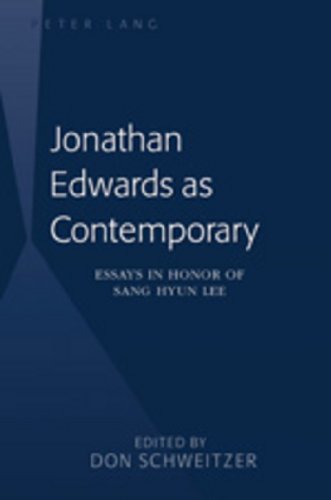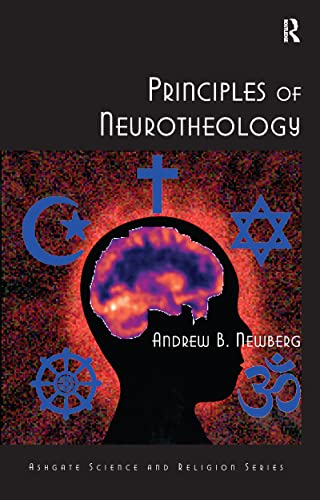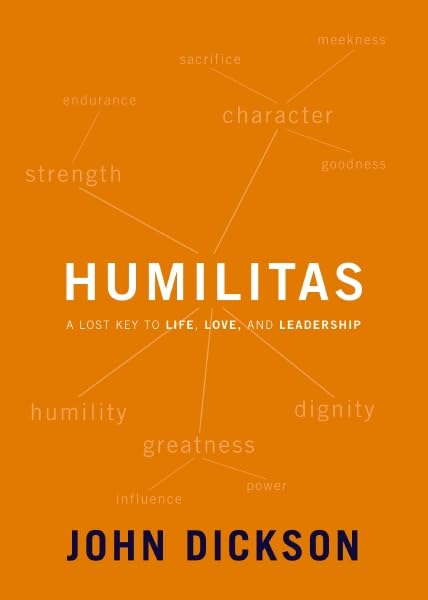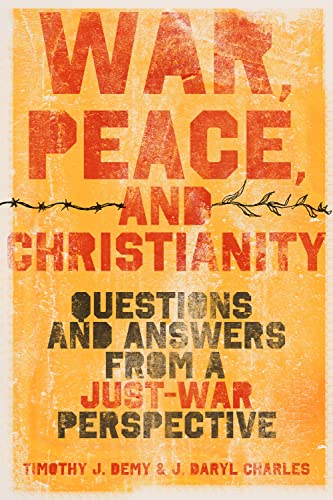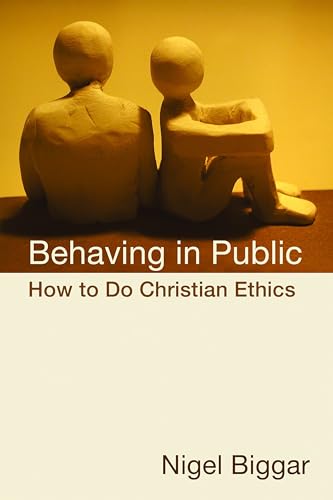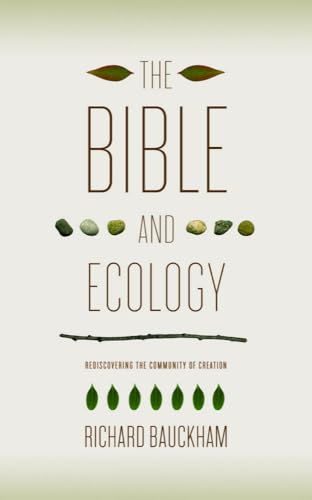Jonathan Edwards as Contemporary: Essays in Honor of Sang Hyun Lee
Written by Don Schweitzer, ed Reviewed By Kyle StrobelSang Hyun Lee is the Kyung-Chik Han Professor of Systematic Theology at Princeton Theological Seminary. This volume is a Festschriftthat attempts to honor Lee and highlight the important contribution he has made to Jonathan Edwards studies. While nearly all Festschriften seek to honor an individual, most are full of material that have no obvious literary home—it is where you publish material that does not fit neatly elsewhere. This volume, in contrast, serves to truly honor a senior scholar and arguably the most important figure in Edwards studies since Perry Miller. To truly honor someone, a well ordered Festschrift should be organized around an appropriate theme important to the scholar (as this volume is), and the form of argumentation should follow along the same contours as the scholar's own. In both ways, this volume serves as the archetype of what a Festschrift should be. The volume is well-conceived, with essays revolving around Edwards and his continued importance, something Lee has done throughout his career at the highest level. Furthermore andmore importantly, this volume achieves what Lee himself sought to achieve: interpretation that is deeply theological, philosophical, and cutting-edge to push forward the discussion of Edwards and his importance. In a rare achievement, this volume pulls together essays from across the theological and philosophical spectrum of Edwards studies, and nearly all of them push forward debates and discussions with clarity, depth, and grace. Unlike most Festschriften, this is one of the most important books written on its subject matter in the past several years. This volume is a necessary read for all Edwards scholars seeking to stay acclimated to the latest theorizing on Edwards and will benefit those learning and weighing the insights of Sang Hyun Lee.
While it would be gratuitous to canvass the contents of this volume, several important pieces are worth highlighting. Stephen Daniels and Avihu Zakai continue to advance their own philosophical programs, and Paul Helm and Oliver Crisp do the same with their own philosophicallyinclined theological projects. Seng-Kong Tan, a current student of Lee, manages to write what certainly must be considered the most important piece of writing on Edwards's doctrine of the incarnation to date. It is deeply informed and insightful, offering the kind of analysis that Lee himself continued to provide throughout his career. Doug Sweeney enters into the ongoing debates concerning Edwards' doctrine of justification by faith with a particular focus on the broader scope of Edwards' corpus. This chapter will, no doubt, cause something of a stir with several of Lee's former students since Sweeney attacks the notion that Edwards' doctrine is more Catholic than Protestant. Gerald McDermott, who is slowly becoming the most prolific Edwards scholar of his generation, navigates Edwards on revelation, continuing to narrate Edwards's anti-deist polemic from his earlier studies. This chapter, more than most in the volume, self-consciously seeks to continue Lee's project within his own analysis, attempting to take Lee's broader insights into particular instances in Edwards's thought. McDermott takes Lee's development of God's communicative nature as the framework within which he develops Edwards's discussions of revelation. In each of these chapters and several more left unmentioned, argumentation is developed in the same spirit that has characterized Lee's work for the past several decades.
Above I assert that “nearly” all of the essays in this volume argue at the highest level with clarity, depth and grace. Here, to close, I want to address this “nearly.” Michael McClymond's essay, “Hearing the Symphony: A Critique of Some Critics of Sang Lee's and Amy Pauw's Accounts of Jonathan Edwards' View of God,” serves as one glaring counter-example that fails to achieve the desired end in several important ways. First, McClymond develops positions counter to Lee and Pauw in an uncharitable and overly reductionistic way. Disagreeing with Lee and Pauw is linked to imposing alien interpretive grids onto Edwards's thought, and it is suggested that this is the result of a “proxy war,” where these scholars are attempting to make Edwards their Edwards. Not only does this fail to do justice to the views being criticized, but it is used to sidestep the fact that these writers actually make substantive claims about Lee's and Pauw's own alien interpretive frameworks. Second, in two separate occasions, McClymond argues that Edwards does not develop a doctrine of simplicity by quoting a passage where Edwards himself is actually upholding the doctrine of simplicity. Similarly, rather than addressing Edwards's argumentation and conceptual development, he counts the number of times Edwards uses the term “simplicity” and suggests that this is somehow an adequate defense of his own position. The shallowness of this argumentation is all the more glaring when Paul Helm makes this clear in the very next chapter. Third, McClymond's criticism of Steven Studebaker's interpretation of patristic trinitarian theology is incredibly misinformed. In claiming that Studebaker's interpretation flies “in the face of patristic scholarship,” McClymond offers Zizioulas as the only thinker whose opinion matters, disregarding overwhelming evidence to the contrary (e.g., Lewis Ayres, Michel René, Mary Clark, Richard Cross, etc., are all working to tear down the assumption that McClymond takes as axiomatic). Studebaker's account, contrary to McClymond's claim, is in line with contemporary patristic scholarship on these issues rather than the other way around. In short, McClymond fails to honor Lee in the way this volume was able to do so well—achieve what Lee achieved—critical engagement informed at the highest level and with charity, depth, and grace. What makes this most glaring is that it is so far removed from McClymond's other work, and it unfortunately overshadows the positive contributions of his chapter. The second half of McClymond's chapter provides helpful thoughts on key aspects of Edwards' theology. One wishes he would have blown this into a more robust account and left aside the unfortunate argumentation that is shallow, reductionistic, or misinformed.
Kyle Strobel
Kyle Strobel
Talbot School of Theology
La Miranda, California, USA
Other Articles in this Issue
Evaluating a new English translation of the Bible can be extremely difficult...
In the November 2009 edition of Themelios, Dane C...
Jonathan Edwards (1703-1758) is remembered today as a saint, scholar, preacher, pastor, metaphysician, revival leader, theologian, Calvinist—the list goes on...
Almost two decades ago I wrote an essay titled " When Is Spirituality Spiritual? Reflections on Some Problems of Definition ...
He was the youngest son of elderly parents. His childhood was secluded and unhappy, which might in some measure account for his lifelong melancholy...


